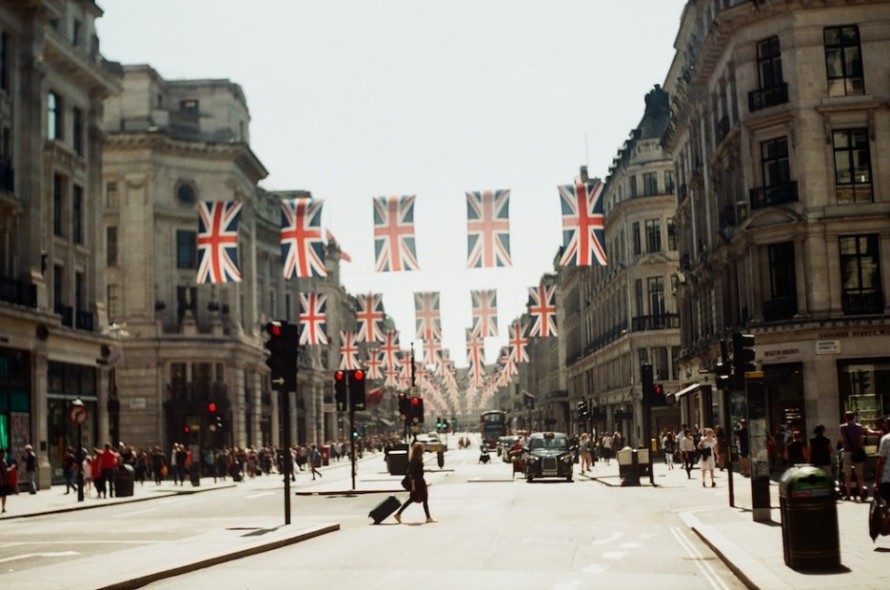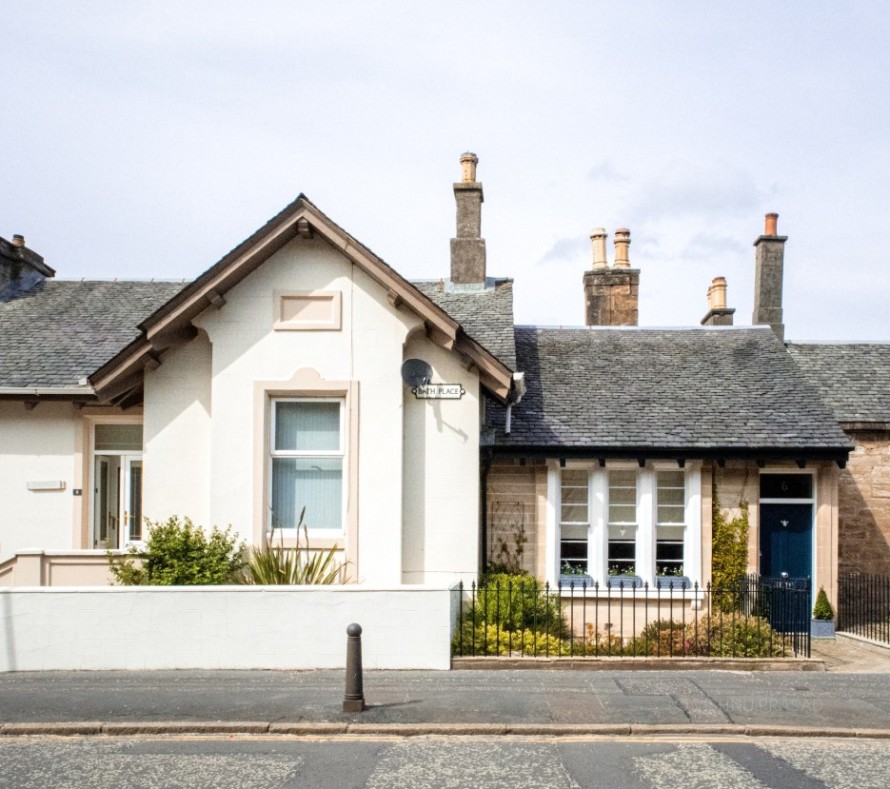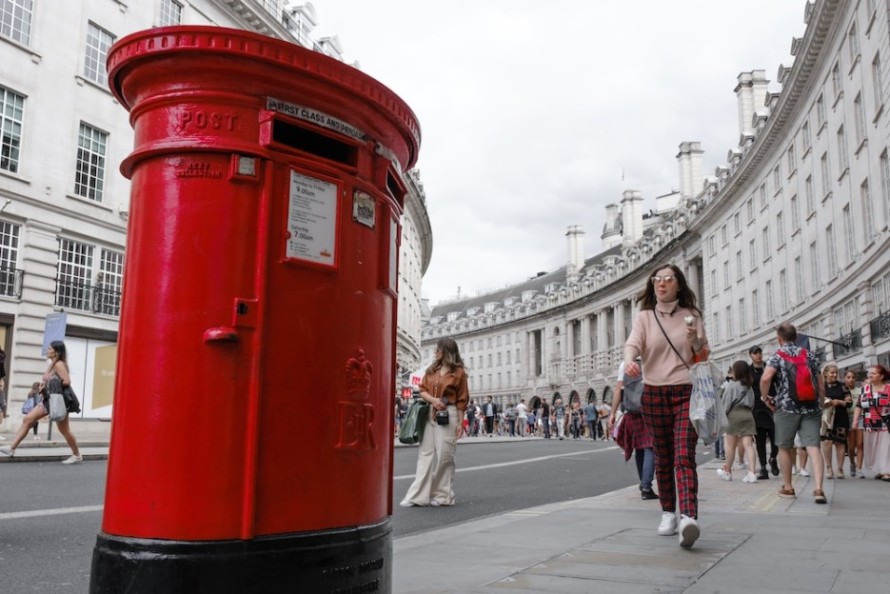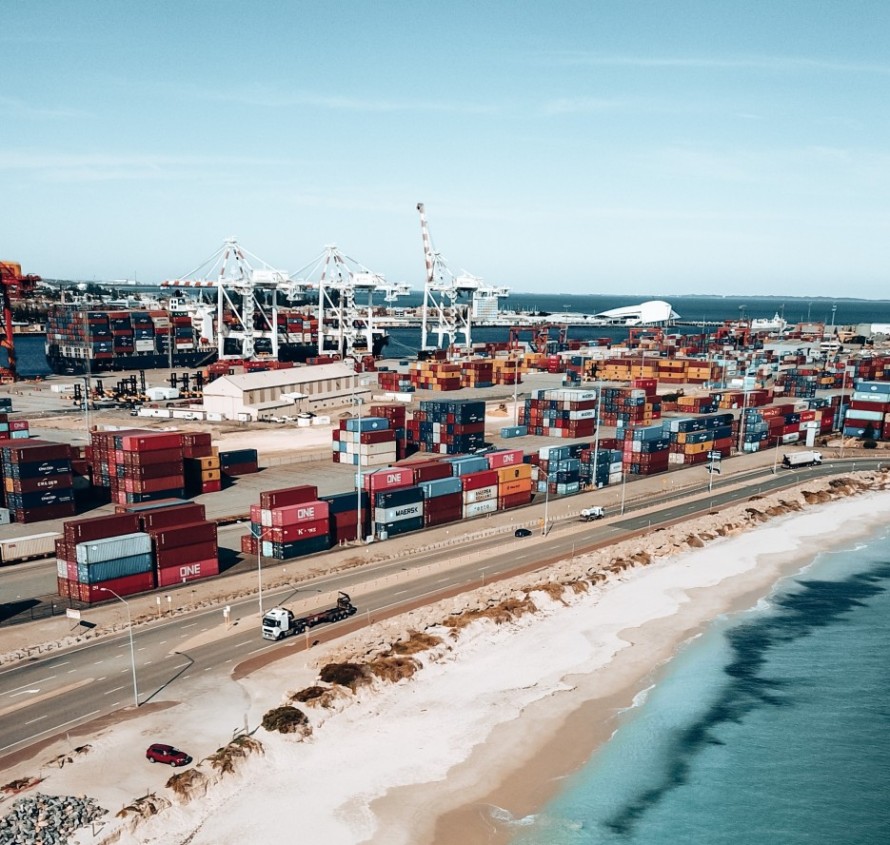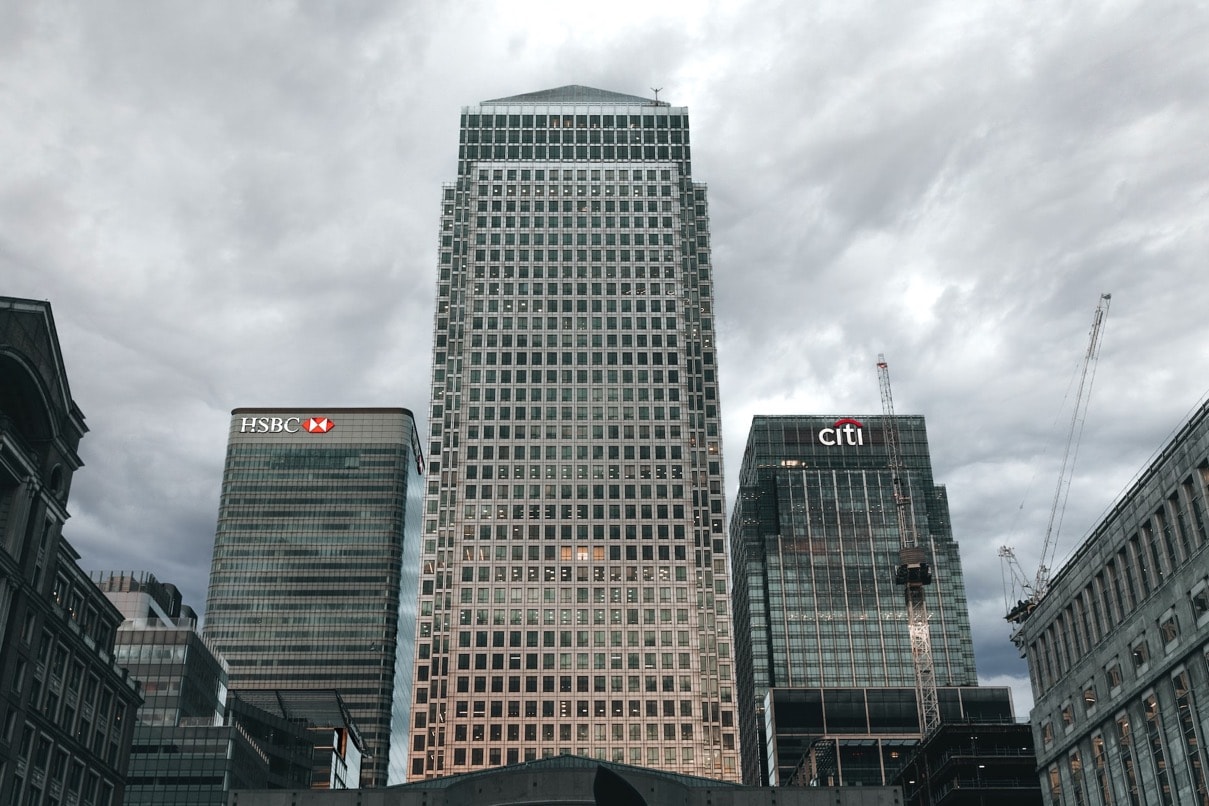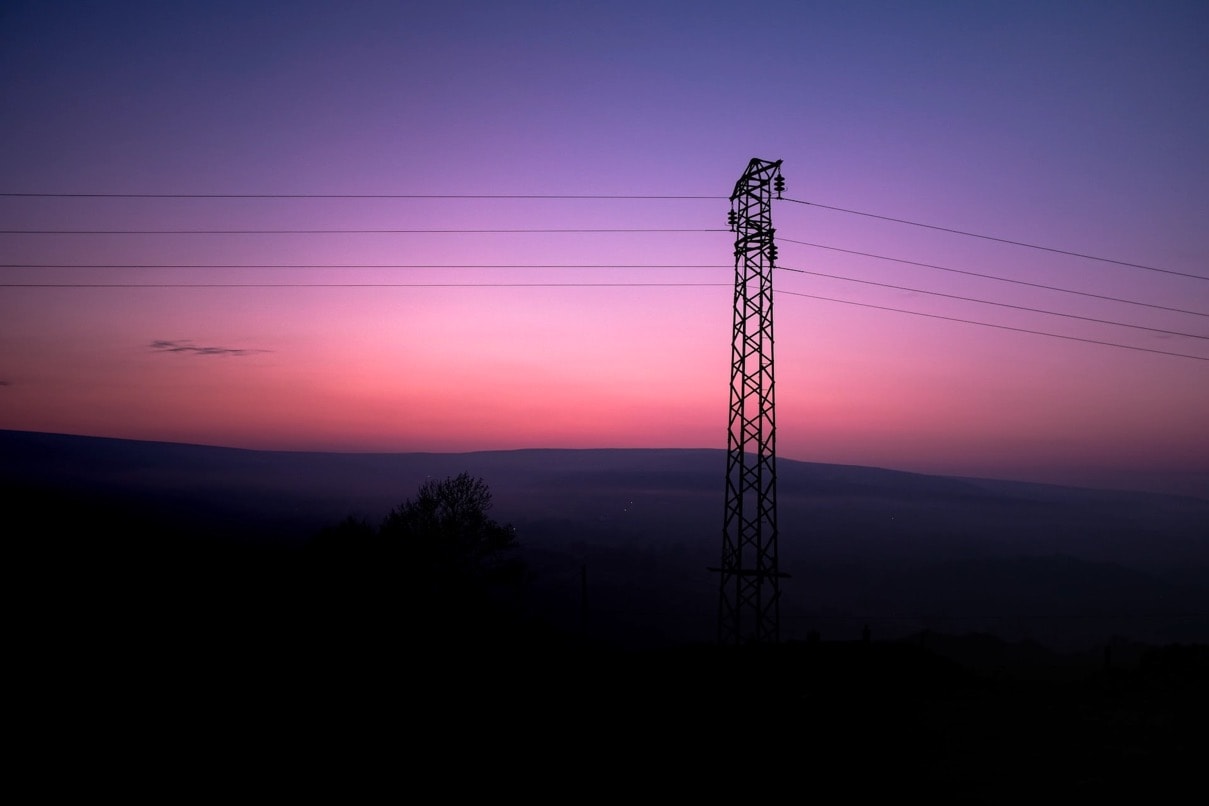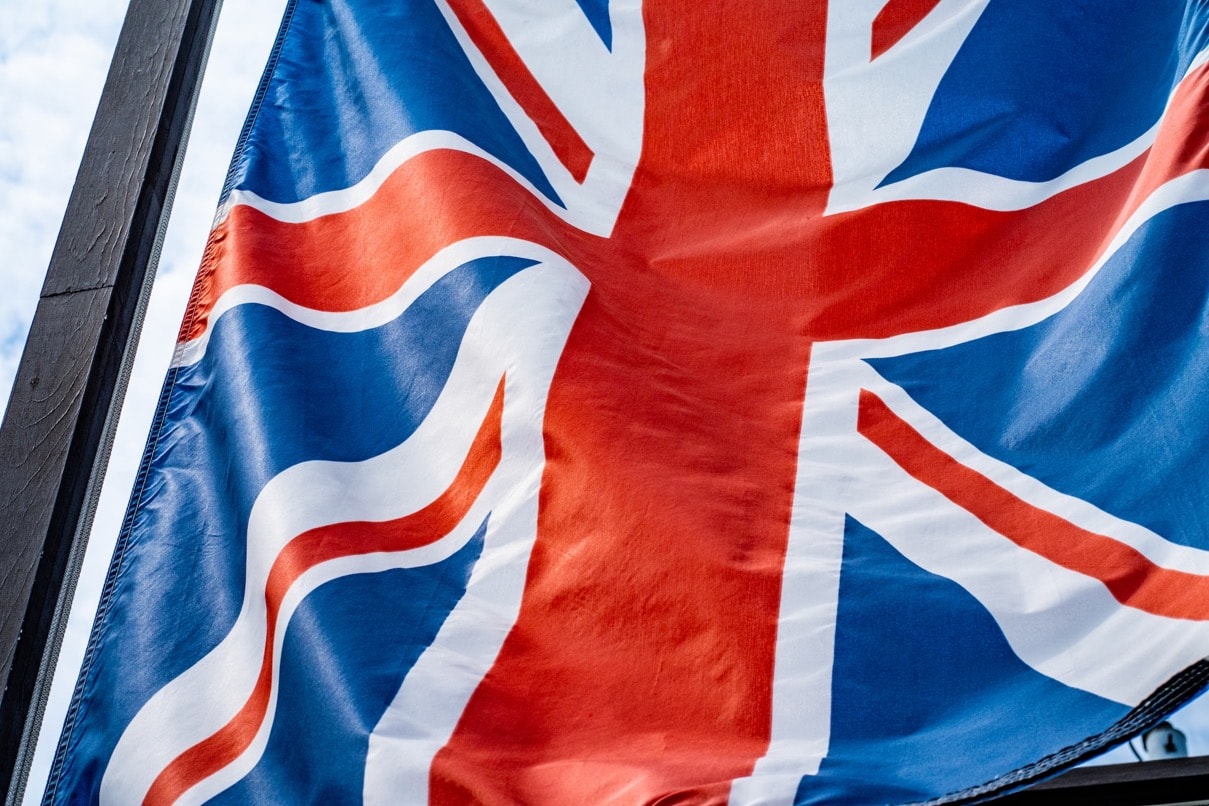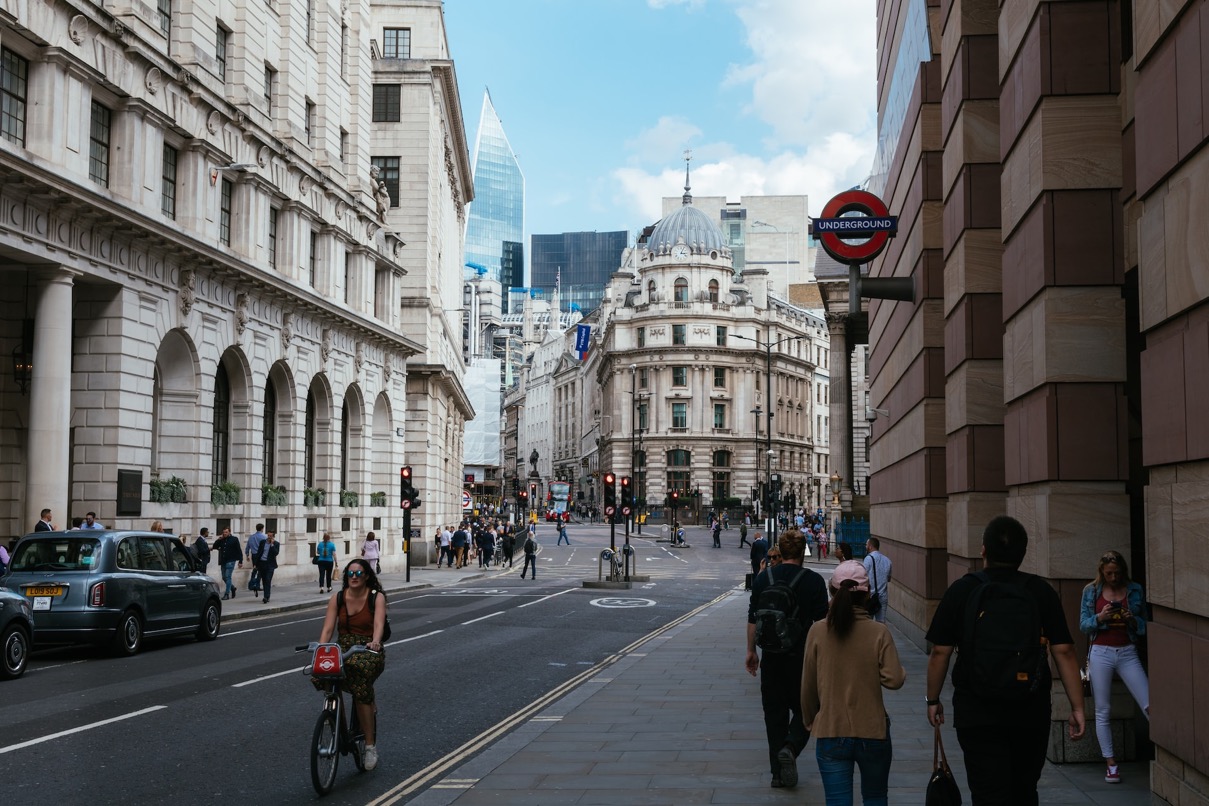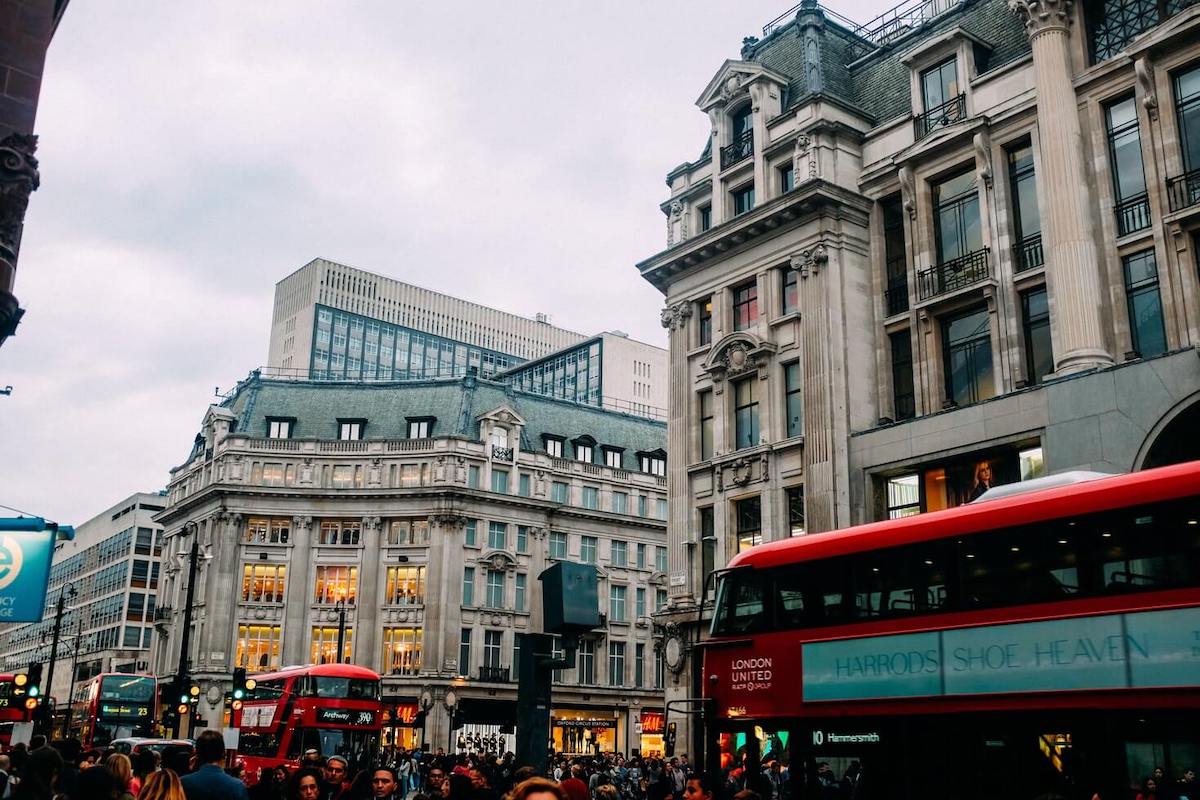
Inflation skyrocketed to 5.4% in December adding speculation that the Bank of England may need to more rapidly increase interest rates.
A number of factors have contributed to cost rises including an acute global shortage of semiconductors, a gas crisis and a global supply chain bottleneck.
Problems have also exacerbated the UK’s cost of living as electricity bills have increased in the past year with fuel costs also piling pressure on businesses and the transport sector.
2021 also saw a record housing boom that saw prices eclipse 10% in certain regions of the UK while interest rates remained at near record lows.
Moving into February, the Bank of England will most likely have to increase the basic rate of interest more quickly than anticipated should cost pressures continue to hit the economy. This is bad news for borrowers with mortgages as interest rate rises could add further pressure. On the flip side, savers will likely see increased bank interest payments as the Bank of England’s monetary policy shifts.
With the eurozone also showing over 5% inflation for December, we could soon see the European Central Bank moving towards interest rate rises. The U.S. has already signalled it will increase interest rates with Fed policymakers sounding a more hawkish tone, where further hikes are likely in the coming months ahead.
For the UK, price rises could add pressure on the Chancellor to increase wages for public sector workers as inflation eats into earnings.
The Bank of England policymakers are set to meet early February to discuss the base rate and whether it should be increased or not.
Source: The Britonian
